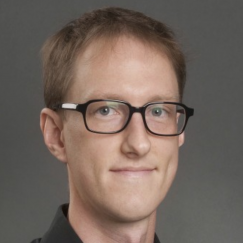All illusions are potential ways of ordering reality. The goal of criticism should therefore be not to destroy illusions but to make us more sensitive to their workings and their complexity.

Seth Ashley
The Media Education Lab advances media literacy education through research and community service. We emphasize interdisciplinary scholarship and practice that stands at the intersections of communication, media studies and education.
All illusions are potential ways of ordering reality. The goal of criticism should therefore be not to destroy illusions but to make us more sensitive to their workings and their complexity.
- Leo Braudy, The World in a Frame, 1977
Media Education Lab
https://mediaeducationlab.com
Email: renee@mediaeducationlab.com
© 2017, Media Education Lab, University of Rhode Island. All rights reserved.
Developed By Young Globes
Walter
I encountered "Public Opinion
I encountered "Public Opinion" in Professor Don Ranly's "Philosophy of Journalism" class at the University of Missouri School of Journalism during my master's program. Though the examples were out of date, this 1922 book seemed as relevant in a modern context as it must have nearly a century ago. His framing of "the world outside and the pictures in our heads" so clearly conveys the socially constructed nature of news media and presents the challenges to democracy posed by an imperfect information environment. Lippmann is probably not often thought of as someone linked to media literacy, but his thinking has been foundational in journalism and media studies, which has informed my understanding of media literacy. In my view, teaching about the limitations of the mediated environment (as well as its strengths) is key to improving the conditions of democratic citizenship and self-governance.